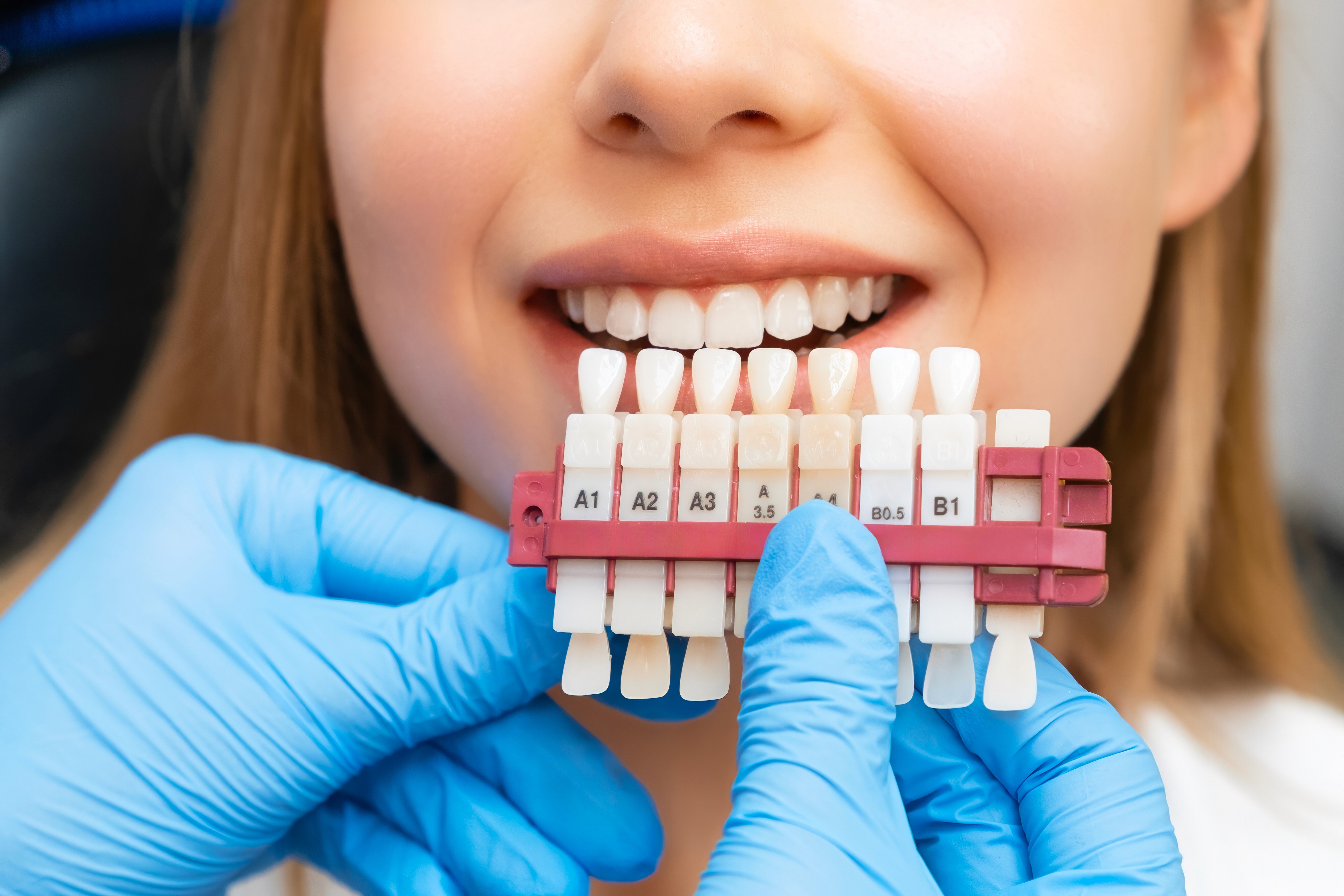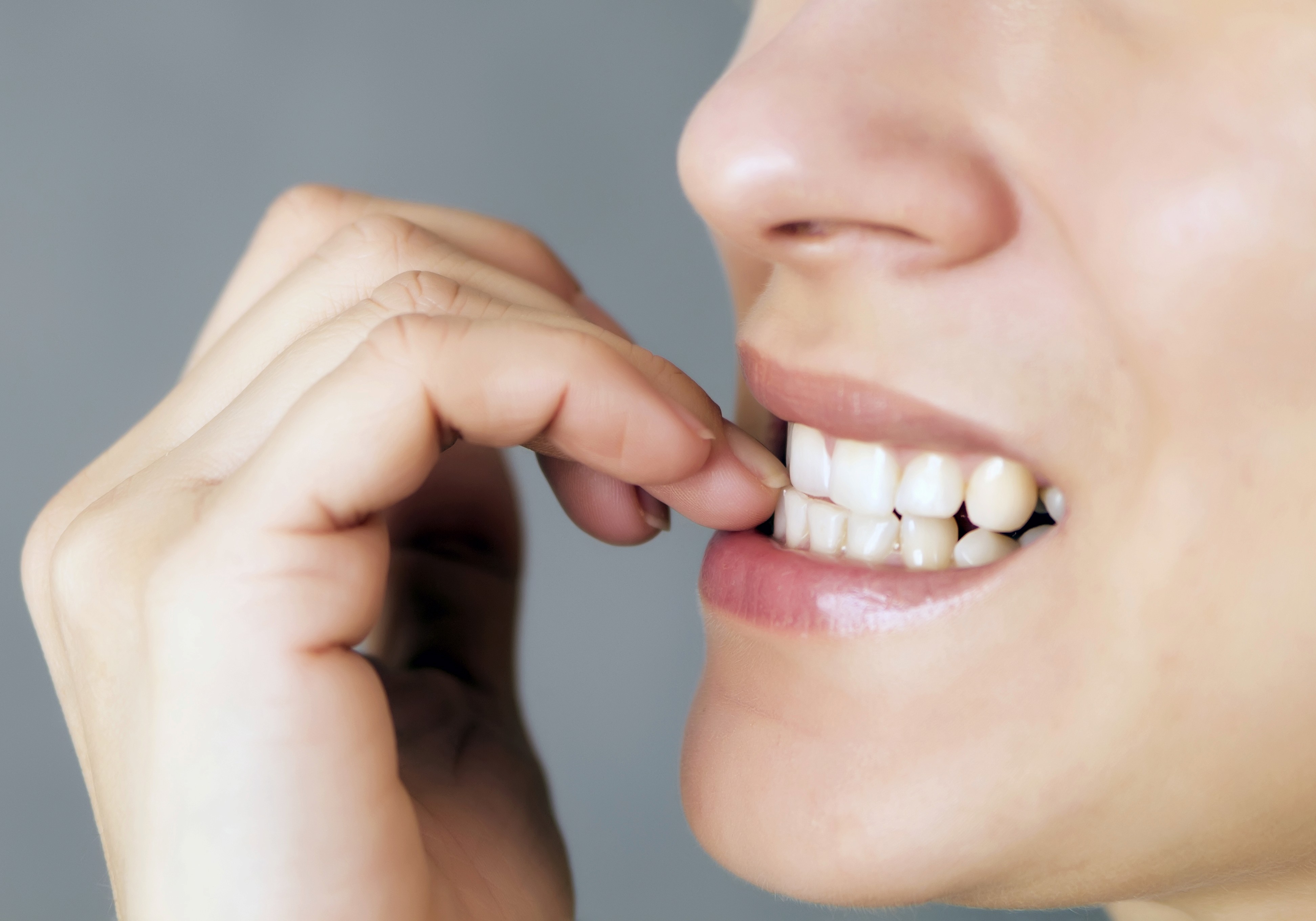Say Goodbye to Whitening Woes Easy Tips for Post-Treatment Comfort
Are you dreaming of a dazzling smile only to hesitate because of the fear of post-whitening pain? You're not alone. Many dental care seekers are curious about teeth whitening but dread the sensitivity that can follow. The good news is that with a few simple strategies, you can manage the discomfort and enjoy your brighter smile without worry. In this guide, we'll explore what causes teeth whitening sensitivity and how you can tackle it like a pro.

Understanding Why Teeth Whitening Causes Sensitivity
Teeth whitening is a popular cosmetic procedure that can transform stained or yellowed teeth into pearly whites. The process might sound simple, but it involves more than just the surface of your teeth. The key ingredient in most whitening products is hydrogen peroxide or carbamide peroxide, which penetrates the enamel to break down stains within the dentin.
The dentin is a layer of living tissue inside your teeth, making it sensitive to changes. When these compounds work their magic, they can cause temporary irritation and sensitivity. Understanding this process helps debunk the myth that whitening only affects the visible part of your tooth and highlights why professional treatment is often recommended.
Temporary, Not Eternal The Nature of Whitening Pain
For most people, the sensitivity from teeth whitening is temporary, lasting only a few days at most. This fleeting discomfort shouldn't deter you from pursuing a brighter smile. However, if the sensitivity persists, it's essential to consult your dentist to ensure there are no underlying issues. Meanwhile, here are some tips to make the process more comfortable.
Smart Eating Habits to Minimize Discomfort
After getting your teeth bleached, you'll want to be mindful of what you eat. Hot, cold, or overly sweet foods can trigger sharp bursts of pain. To minimize discomfort:
Avoid Extremes - Steer clear of ice cream or hot beverages that can exacerbate sensitivity.
Moderate Sweetness - Foods high in sugar can irritate sensitive teeth, so opt for milder snacks.
Opt for Lukewarm - Stick with foods and drinks that are closer to room temperature, which are less likely to provoke a reaction.
These dietary adjustments are temporary but can make a significant difference in your comfort level after treatment.
Pre-Whitening Preparations to Reduce Sensitivity
One of the best ways to tackle sensitivity is to plan ahead before your teeth whitening session. Here's how to prepare:
Desensitizing Toothpaste - Start using it two weeks before your whitening appointment to build resistance.
Fluoride Treatments - Consider fluoride treatments that strengthen your enamel and reduce sensitivity.
Consult Your Dentist - They might have personalized advice or products to help mitigate discomfort based on your dental history.
By taking proactive steps, you can significantly reduce the chances of experiencing discomfort during and after the whitening process.
Brushing Tips for Sensitive Teeth
Brushing your teeth immediately after whitening can open the pores on your dentin, leading to pain. To avoid this:
Brush Before Treatment - Clean your teeth just before your whitening session, not after.
Use a Soft-Bristled Brush - This is gentler on your teeth and gums and can help prevent irritation.
Gentle Strokes - Be gentle when brushing to avoid aggravating sensitive areas.
Adopting these brushing practices can help you maintain oral hygiene without exacerbating sensitivity.

How to Deal with Tooth Pain After Whitening
If you still feel discomfort after taking preventive measures, don't worry. There are several ways to ease the pain:
Over-the-Counter Painkillers - These can help manage pain and inflammation.
Desensitizing Gel - Apply according to instructions for relief.
Cold Compress - A cold compress on the outside of your cheek can help soothe pain.
These solutions are easy to implement and can provide much-needed relief.
Importance of Professional Guidance in Whitening
It's crucial to remember that teeth whitening is best performed under professional supervision. Dentists can offer tailored advice and products that reduce risks and enhance results. They can also identify any potential issues that might make sensitivity worse and address them before starting treatment.
The Role of Tasting Notes in Your New Smile
Once you've managed the post-whitening sensitivity, take a moment to appreciate your new smile. The joy of seeing a brighter reflection in the mirror can boost your confidence and make all the effort worthwhile. Don't forget to capture the moment and share your experience with friends or on social media!
Building a Community of Confident Smiles
You're not alone in this journey. By sharing tips and experiences, dental care seekers around the world can help each other manage sensitivity better. Consider joining online forums or groups where you can share advice and learn from others who have undergone similar treatments.
Conclusion Taking the Next Step Towards a Brighter Smile
Sensitivity from teeth whitening doesn't have to be a deal-breaker. By understanding the process and following these easy tips, you can enjoy a whiter smile with minimal discomfort. Remember, if you're unsure or the pain persists, reaching out to your dentist is always a wise step. They're there to ensure your dental health and happiness.
Ready to show off your new smile? Keep exploring ways to maintain and enhance your dental health. And if you haven't started your whitening journey yet, book a consultation with a trusted dentist to discuss your options. Your dazzling smile awaits!
Share
You May Also Like
Blog & News




